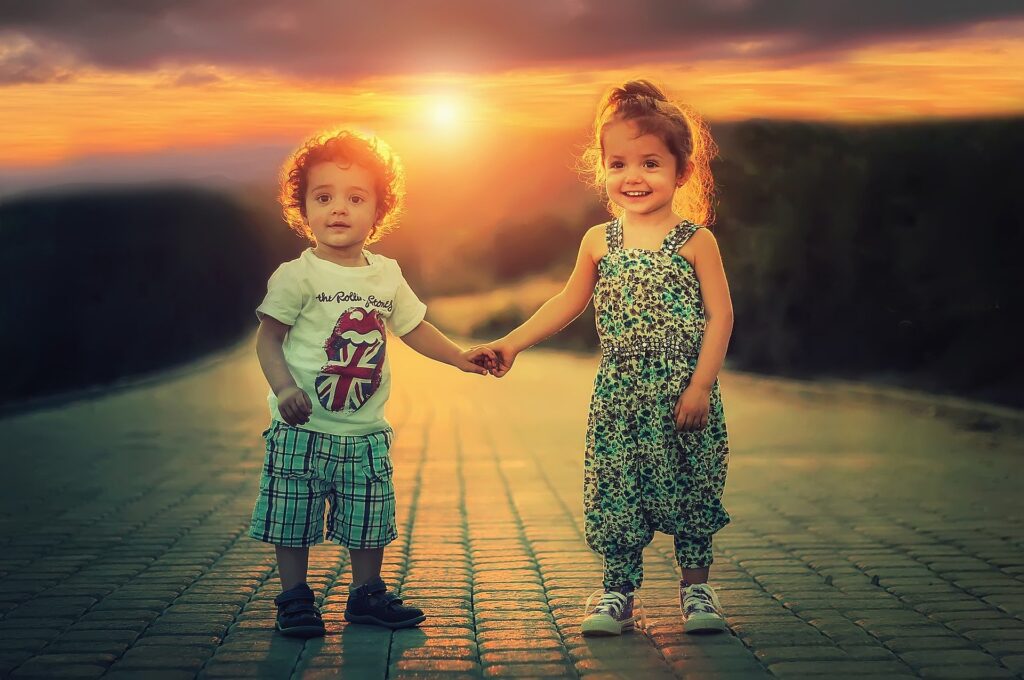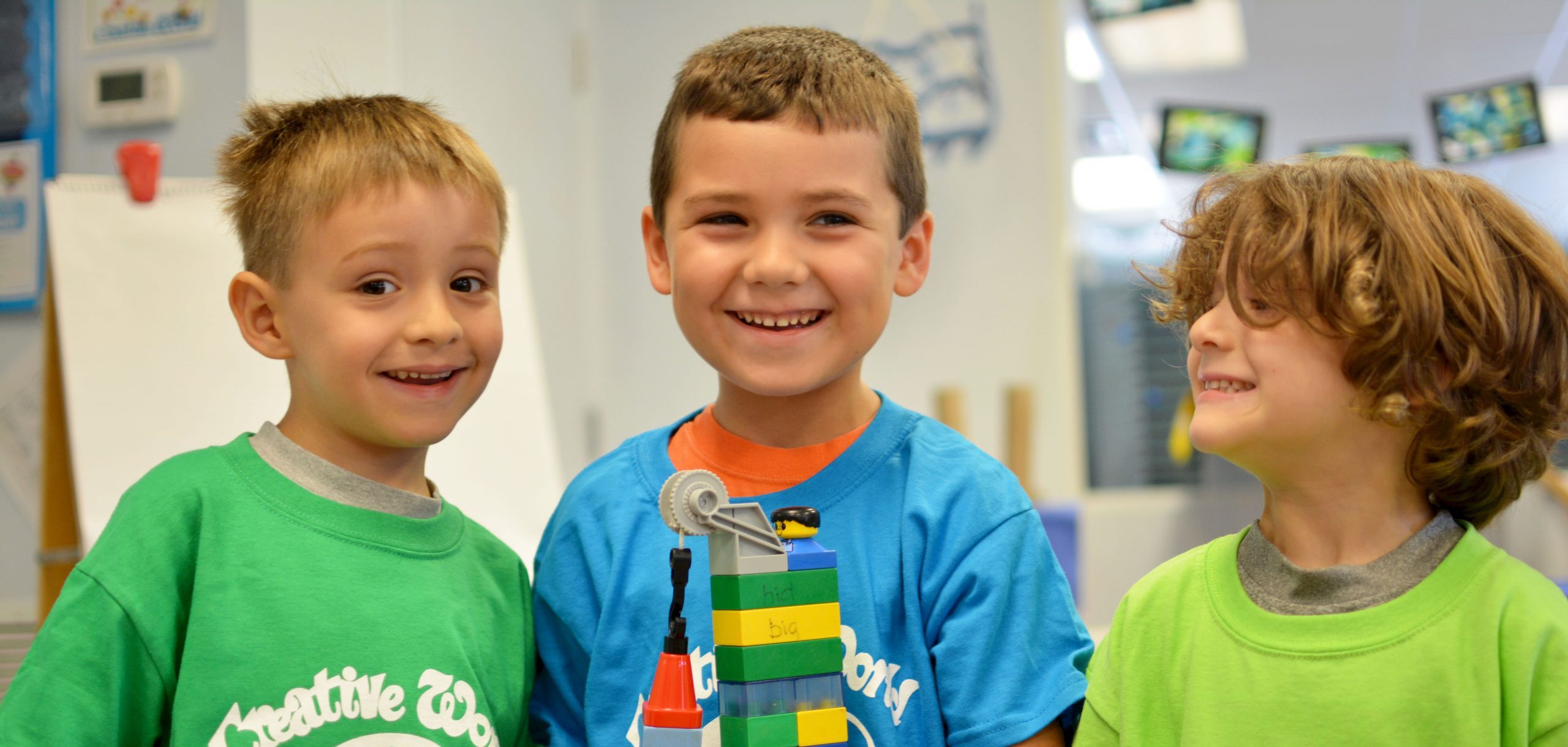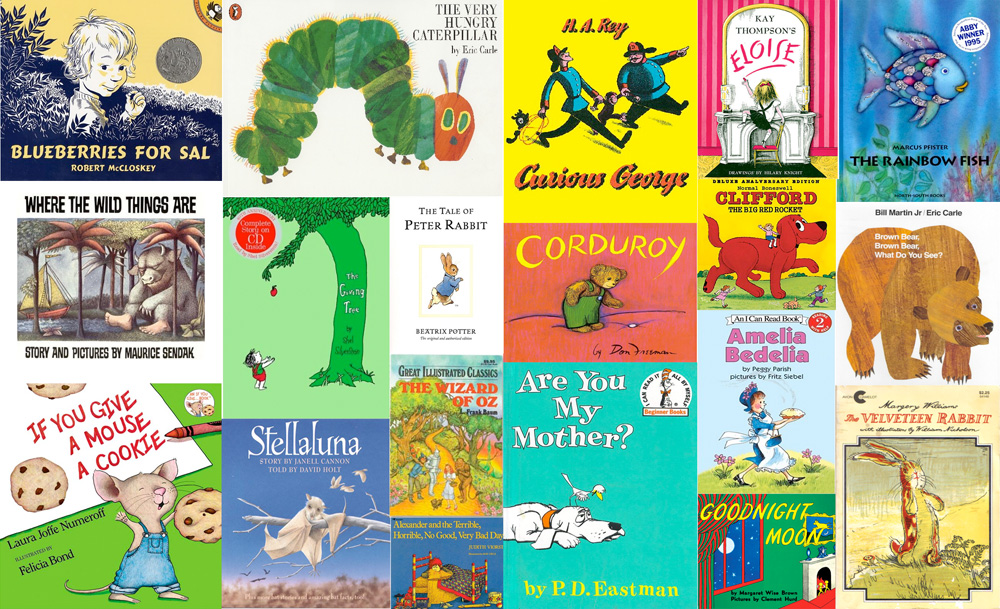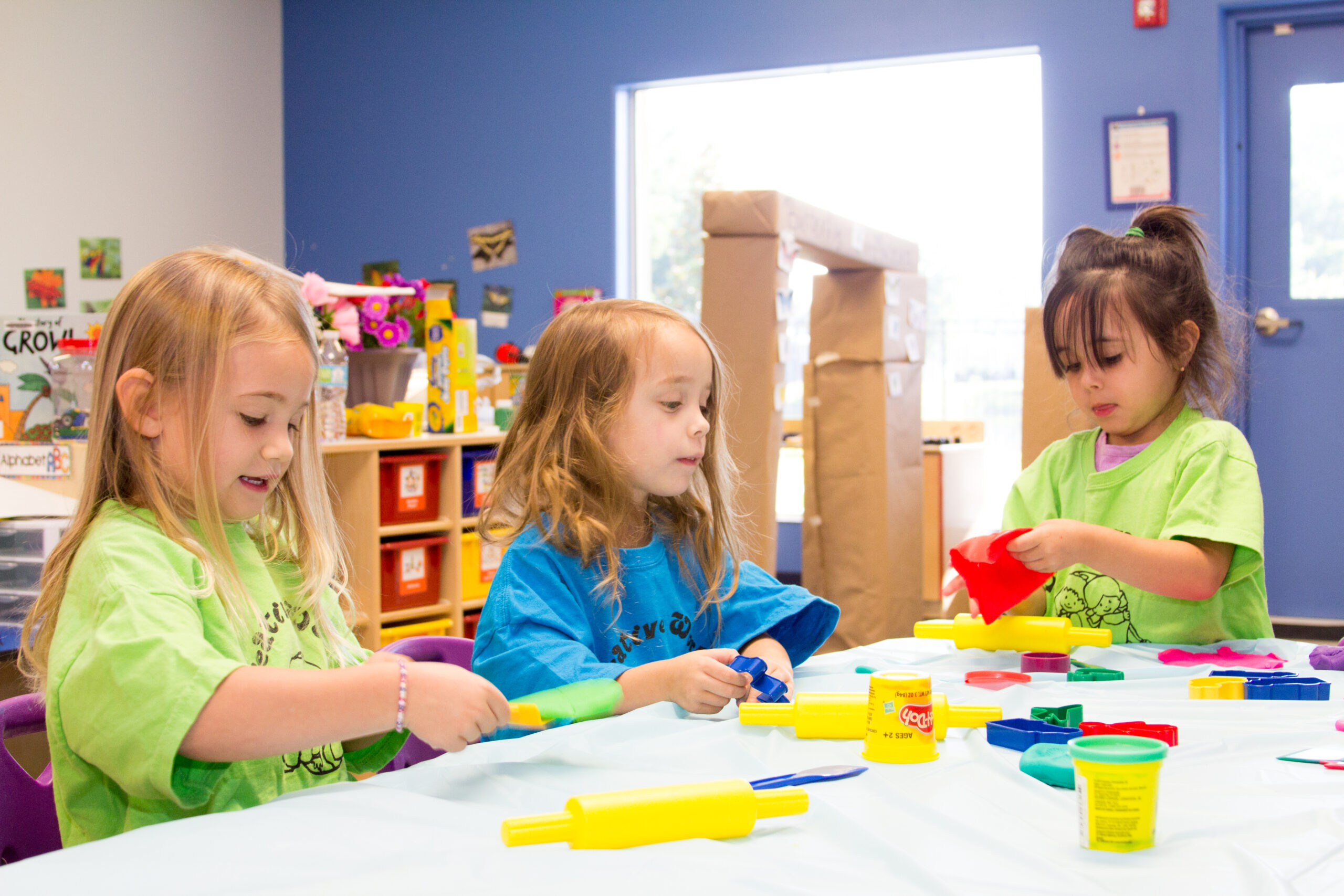
Why Did They Say That?
Creative world school Sep 10, 2020As parents, we’ve all been there. You’re in the grocery store with your child and they make a comment about someone’s appearance. Someday, these stories will become cute dinner table anecdotes or embarrassing stories to tell your child’s boyfriend or girlfriend. But at that moment, we are so embarrassed that we forget why our child is making this comment or asking this question. These comments and questions offer teachable moments and if we prepare ourselves to expect them, we will be better prepared to handle them at the moment.
Why Did They Say That?
Children are constantly trying to figure out their world. Their brains do this by making connections to information they already know. When they see something that doesn’t fit with their knowledge of the world, they ask you questions to make sense of it because you are their expert.
They don’t yet understand that their questions might sound insensitive; they just want to know the answer to their question because that’s how young humans are wired. If we weren’t curious, we wouldn’t be motivated to learn!
What Do I Do About It?
Expect the unexpected. Have some simple prepared lines at the ready that will satisfy your child’s initial curiosity and diffuse any embarrassment between you and the person they’re asking about. Later, in the car or at home, you can go into more detail about your child’s question.
Young Children (1-5 years old): Have a response at the ready such as: “You noticed a new way that people look different from each other. Our differences are beautiful and make us special.”
Older Children (5+): Your child is now old enough to understand that some words hurt the feelings of others. Teach your child that questions about people’s appearance can be asked in private, like in the car or at home. However, this waiting is not always possible due to their impulsivity. In those cases, encourage them to ask their question quietly.
Always remember to validate your child’s observations. All questions have merit, and our reactions to those questions help children understand that all people are to be honored and respected.






